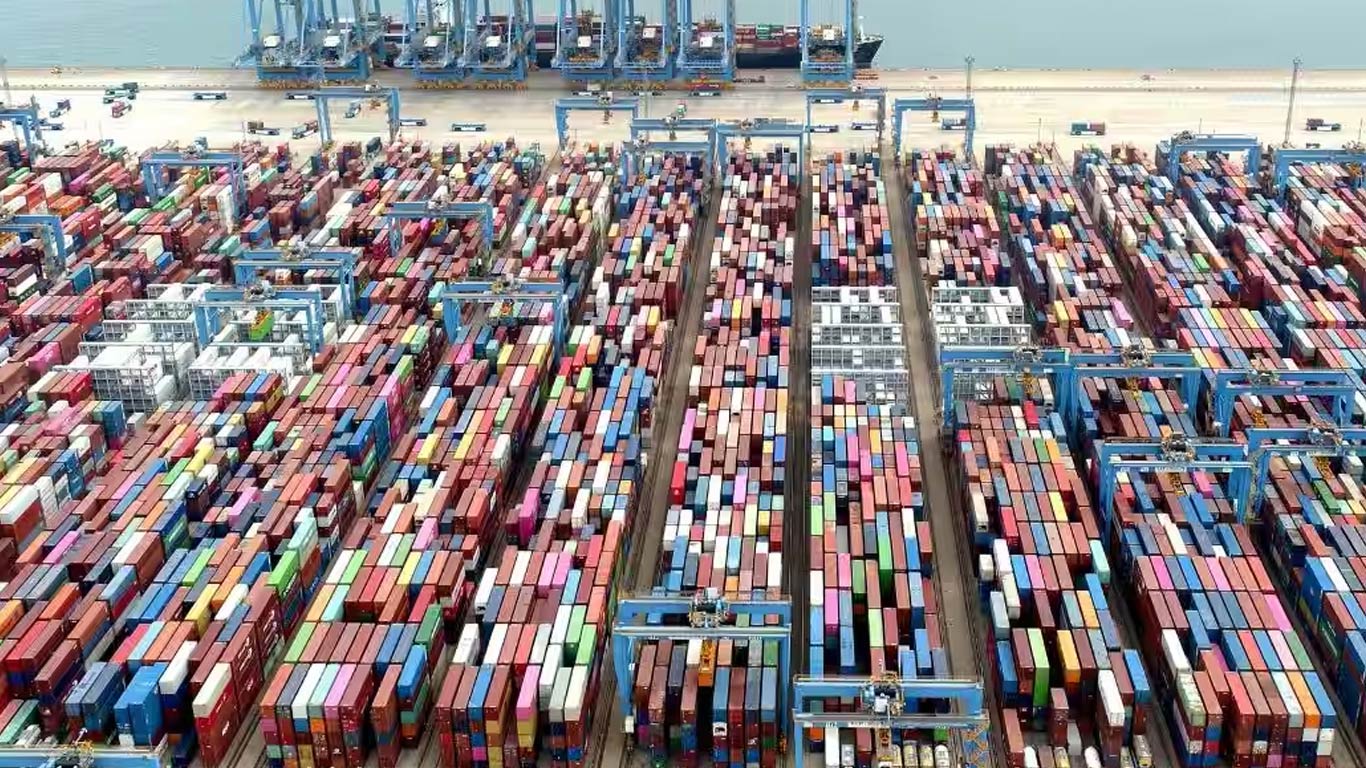Complex web of laws, rules, and inspections hold back small enterprises in India: World Bank
Updated: Oct 17, 2013 02:51:36pm

Although the depreciation of the rupee has boosted the competitiveness of Indian exporters, many other emerging economies have also seen their currencies weaken against the dollar.
According to the World Bank report released yesterday called ‘India Development Update’, challenges in the areas of insolvency, inspections and compliance, labor, and land acquisition along with the complex web of laws, rules, and inspections that interact with a vast array of incentives hold back small enterprises in India.
“Indian firms operate within a complex web of laws, rules, and inspections that interact with a vast array of incentives. These may hold back firms from operating on a level playing field and at appropriate scales in unified domestic markets and abroad,” said the findings of a background note “Regulations Restricting the Growth of Non-Farm Enterprises.”
In particular, firms in India face specific challenges in the areas of insolvency, inspections and compliance, labour and land acquisition, it added.
According to the report, the smaller enterprises in India are overwhelmingly single proprietorships or partnerships, subject to largely outdated personal bankruptcy laws that make it virtually impossible for entrepreneurs to restructure and work towards solvency.
Moreover, several criminal statutes apply to events that typically occur during periods of financial stress, such as late payments of statutory liabilities. As a result, entrepreneurs do not have access to adequate stay, discharge, and rehabilitation mechanisms, and liquidation proceedings can take two to ten years.
“Operational compliances are required individually for almost all the steps in running firms, with the central government providing the overall legal framework and state governments formulating and implementing the specific regulations,” the report said.
A basic set of compliances for a small manufacturing firm would consist of 8-10 central and an additional 15-20 state and municipal clearances.
As a result, compliance costs are high, delays are endemic and prolonged, and there is a high level of inspections which requires management time that could be used productively in running the firm, the report added.
World Bank said that multiple regulations have separate inspection regimes, creating incentives for firms to remain small or risk becoming subject to repeated and unpredictable visits.
Furthermore, the report slammed the labor regulations that are widely recognized by both firms and analysts to be a constraint on the growth of formal employment as well as a factor in the expansion in use of contract labor as a regulatory avoidance strategy.
“…with the penalties to growing past size limits defined in the benefits packages under the MSME Act (2006), create a powerful impetus for firms to stay small to avoid highly burdensome hiring and firing rules,” the findings said.
The operation of land markets is a concurrent responsibility of the central and state governments in India’s federal structure, there is a mass of complex derivative and subordinate regulation in this area, it said.
The findings also said that for many small firms, the two key stress points regarding land relate to very significant procedural delays due to substantial variations among localities in the interpretation of existing laws, and the chronic shortage and high price of industrial land, especially in urban areas.
Time-consuming procedures for the registration of real property, transfer of titles, disputes related to base rates for property valuation and taxation and obtaining construction permits add to time and money compliance costs for small firms.
A number of states have taken steps to ease these burdens, creating a mosaic of ‘best-practice’ examples across states in different areas. Some have simplified tax administration processes, including the introduction of e-filing and e-returns. Others have established joint inspections by various departments, easing the administrative burden on firms. Other states having simplified labor registers across Acts to maintain a common/single labor register to store all records.
With regards to land, some states have taken steps to reduce the time taken to grant land conversion or to allot land in industrial estates, in some cases to less than 30 days, said the report. (KNN/SD)











